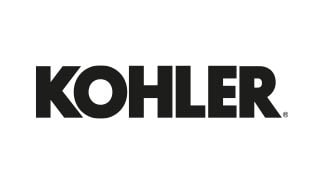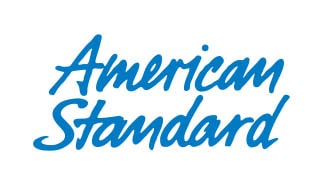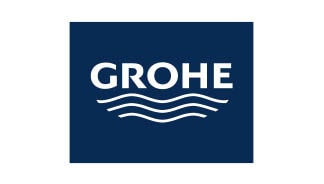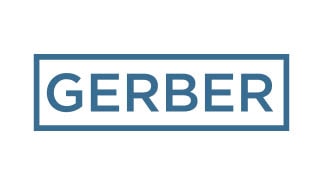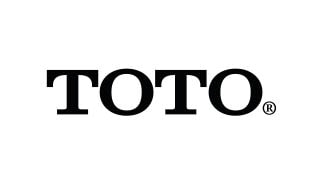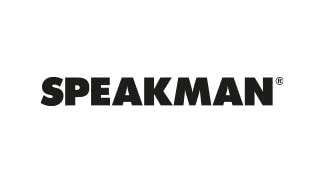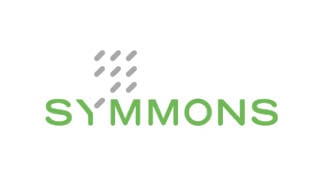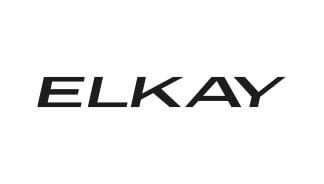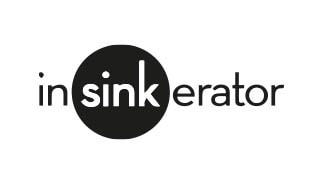Published on
August 15th, 2022Backflow Prevention Device Testing: Your RPZ Testing Requirements as a NYC Property Owner
New York City property owners and managers have many responsibilities with the city. One of the most important is backflow prevention device testing. Here’s what you need to know to stay compliant with this annual requirement that keeps municipal water clean for large building occupants, like condo and co-op dwellers as well as users of many commercial properties.
What Is an RPZ Test?
NYC property owner responsibility
You may have heard of backflow prevention device testing referred to as RPZ testing. They are the same thing. The abbreviation stands for “reduced pressure zone,” which is the most common kind of backflow prevention device used in New York City. The device must be tested once per year to ensure its correct operation.
What Does a Backflow Prevention Device Do?
Clean water protection
The reason testing your RPZ device is so important is that it protects the municipal water supply entering many New York City properties. It prevents backflow, which is when clean water flows in the wrong direction. When this happens, water for drinking and washing can become contaminated by chemicals, sewage, and other undesirable elements found in greywater or wastewater. This renders the water unusable – a huge problem for residential and commercial properties that rely on clean water every day.
A backflow prevention device may only be installed by a licensed master plumber like Sanitary Plumbing, once a plan has been completed by a professional engineer or registered architect. The installation is inspected by a tester certified by the state of New York. At Sanitary Plumbing, we also perform RPZ device inspections.
What Causes Backflow?
Pressure changes
An RPZ device is necessary because backflow is a common problem in New York City due to fluctuating water pressure. One type of pressure loss, known as back siphonage, occurs when a water main breaks or is shut off during construction.
Internal plumbing issues can also produce back pressure. This happens when the pressure of a water distribution system is lower than the building system pressure. It’s a common concern in buildings with large boilers, distributor pumps, pressure booster pumps, and elevated water tanks.
Which Properties Are Required to Undergo RPZ Testing?
Large residential and commercial properties
Many types of properties in New York City are required to have a backflow prevention device that needs annual testing. If you’re not sure if you have one, here are three options:
- Look at the area where the municipal water supply enters the property. The device is made of metal and typically has two valves, one at each end.
- Call Sanitary Plumbing. We can take a look at your building and tell you if a backflow prevention device is in place.
Your building should have a backflow preventer if it fits in one of these categories:
- Large residential building with a commercial boiler and/or treated boiler water
- Building with a roof water tank
- Property with multiple municipal water lines
- Building with a swimming pool
- Educational institution
- Nursing home
- Hospital, healthcare facility, dental clinic, laboratory, or veterinary clinic
- Dry cleaner
- Supermarket
- Barber shop or beauty salon
- Commercial car wash
- Brewery
- Greenhouse
- Funeral parlor
- Tannery, meat processing plant, or fishery
- Commercial kitchen
- Most types of industrial and manufacturing facilities
How Does RPZ Testing Work?
The annual inspection process
The test requires the water source to be closed for a short period of time while pressure changes are tested across the device.
A report of the test results must be submitted within 30 days as to the status of the test. Failure to complete your inspection on time can result in citations and fines from the city.
If you have failed a backflow prevention device test, or if you are concerned about passing an upcoming inspection, Sanitary Plumbing is happy to make a service call to create a plan to fix the issue. Frequently it’s a matter of cleaning the device or replacing the defective parts.
You want to take care of the cause because it’s probably affecting other components of your plumbing system, too, which can result in further problems with clean water and large expenses in the future – far more than what you’d pay to fix the problem now. Call Sanitary Plumbing at 212-734-5000 to set up an appointment and never worry about passing your RPZ test again.
